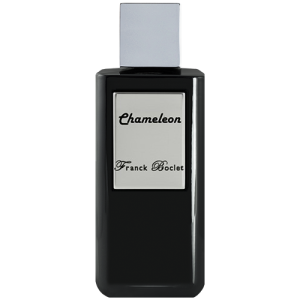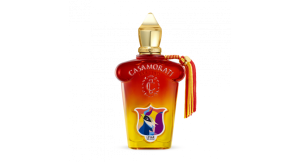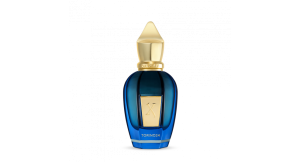Bergamot orange
Bergamot orange (Citrus aurantium var. bergamia) is a small, roughly per-shaped citrus fruit, which grows on small trees known as bergamots. It is a cross between pear lemon and Seville orange or grapefruit. Production of bergamot is mostly limited to the Ioanion, coastal region of the province of Reggio Calabria, South Italy, where the soil and climatic conditions are very favourable for its cultivation. It is also cultivated in Ivory Coast, Argentina and Brazil, but in no other part of the world does it fructify with the same yield and quality of essence. Bergamot is named after Italian city of Bergamo, in which its oil was first sold, and it has become a symbol of the entire region and city.
This fruit is not edible and is cultivated for production of its essential oil. The essential oil of bergamot is expressed from the ripe fruit peel and is used extensively in perfumery for its sweet freshness. Bergamot oil is also used for flavouring purposes, e.g. Earl Grey tea and the so called althea drops, candy-making, in aroma therapy to treat depression, and also as digestive aid.


